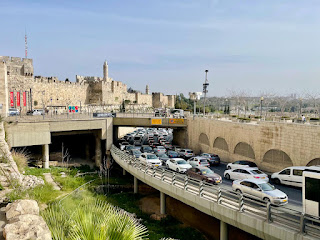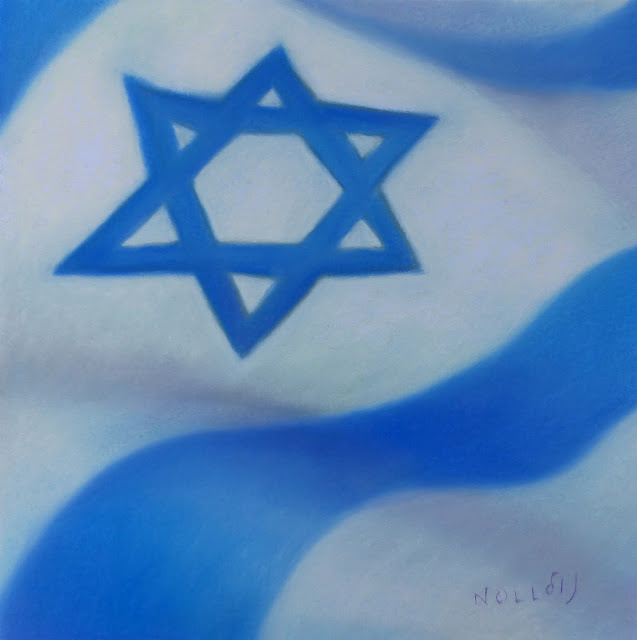Lost in Translation
 This piece, I believe, is destined for the ‘back pocket philosophy’ section of the Blog. Sorry if it is a bit boring, I just needed to write something about it to get my thoughts out and actually, I wrote it quite a while ago, but was waiting for… I don’t know what… maybe just a cool little intro like this one, ha ha…
This piece, I believe, is destined for the ‘back pocket philosophy’ section of the Blog. Sorry if it is a bit boring, I just needed to write something about it to get my thoughts out and actually, I wrote it quite a while ago, but was waiting for… I don’t know what… maybe just a cool little intro like this one, ha ha…I have been thinking a lot about communication. I work and live in an environment in which it is a constant struggle to do this. I find myself on a daily basis wondering when we communicate if the meanings and the understandings are the same. At work when everyone is speaking in German, I just stand there, trying to get the gist of it all. Sometimes I catch myself feeling like I do understand. I wonder if this is because we humans are social creatures and deep down we all want to be included in our surroundings, or do I really understand a little from things like voice intonation, and body or sign language. Maybe it is a combination of things or I just hear what I want to hear. Isn’t that what we all do? When we speak of impassioned things such as politics or faith, we all speak like we know. We all try to get the person we are speaking with to, not only listen, but to understand. What does that mean anyways… to understand? Is that to agree?
A friend at work told me a little story recently. It goes like this;
At a Small (but important) Collage in North America, a group of kids were all in a circle chanting and dancing in great joyousness. They must have looked like a group of Rainbow kids or maybe, since they are chanting about G-D, Carlibach’ers. The chant goes like this;
“G-D is so great; he took us out of bondage in Mitsraim (Egypt) and gave us our freedom. He parted the seas and let us pass, unharmed! He closed the sea on the enemy as it chased us. We are free, we are free.”
Nearby, a young professor was walking by and heard what they were saying. He approached them and at a convenient moment, broke in and said, “don’t you students know that the, so called, parting of the Red Sea was most likely just a sand spit and the Israelites just walked out onto it and back before the tide came in?”
The group of kids stopped for a second and listened to what the professor said. After all, he was in a position of authority and should be respected. The professor noticed the silence and presumed it to be a ‘stunned silence’ and began to walk away, feeling vindicated and proud of himself. He got a few steps away and heard the kids, again start with a chant. It went like this;
“G-D is so great; he took us out of bondage in Mitsraim and gave us our freedom. He created a sand spit for us to walk on through the Sea, unharmed! He brought in the tide and drowned the enemy as it chased us. We are free, we are free.”
Chances are, that depending on which way the belief system of whoever reads this leans, the thing that was understood from this story was one of two things. Either that religion and faith really create an amazing awareness of G-D and the world, or that religion and faith really create a complete blindness to the real world.
Maybe the title of this piece should really have been called - found in translation. Before I had gotten used to the cultural differences at the factory, I would hear over the intercom, instead of the German sentence of - someone’s name followed by the word please, I would hear in my head things like – ‘someone’s brow beating’. Also, for about a week, some crates with woodworking jigs in them were sitting outside next to the stairs leading to the nagaria (woodworking shop). My boss Yochonan had written in German on the sides of the boxes what was in them and every time I went up the stairs next to them I would read words like – gaderoben, badhocker, leichtstuhl, thomystuhl, and gondel, which would float around in my subconscious and sometimes cause me to snicker a bit. They do have a funny sound to them. Since I had no idea what they meant, in my mind, I would create quick little stories for them. Not stories that I could write or place from anything, just narratives or even lyrics to a fable or a song that only existed in my head. But all they really were meant to mean were the names of assorted chair parts. Another example of this phenomenon of translation happens all the time in conversation. Before I began to understand some of what the Israelis were saying I would just make up in my mind what I thought they were saying. Sometimes I would even respond with something completely unrelated because I thought I understood but really just got lost in my own translation.
It would appear that meanings are really just a vessel to help in understanding. When the Russians, the Germans, the Arabs and the Sephardim, when the Ashkenazim and the Yemenites, the Canadians and Americans, the British and Danish, South Americans and East Indians, the Pilipino and Tie workers, The French and Italian, when all the amazing and varied groups of people in Israel speak in the modernized ancient language of Hebrew to each other, instead of their own tongue, the translation always seems to be more interesting then the real meanings. I guess it is really in the translation of the words that we know, and the words that we don’t, and the translation of all the varied forms of communication that we engage in that we get lost, and then can find our own reality to point us in, what we hope and yes, believe, are the right directions.
It feels to me like the exact opposite of the concept of the Tower of Babel. That was a case in which, the people were forced to disperse because of the inability to understand language. The building of Israel feels to me like the bringing together of all humankind to speak a language that is both ancient and modern and to come to a common understanding, regardless of faith or background, looks or traditions. It seems like the process of learning to live together, not necessarily in peace, but in a common bond and a common goal, to really feel and to really live. The wild things in the world are there for us to grow from, to heal ourselves from the inability to communicate. It gives us both, commonality, and adversity. It lays out a tapestry of existence that can be lived or ignored. I think that what this piece is about is that I choose to live, whatever that really means. That is what I truly want… maybe that is what we all want.
Thanks for the savlanute (patience)
Kol Tov, ve Lahetraote.









